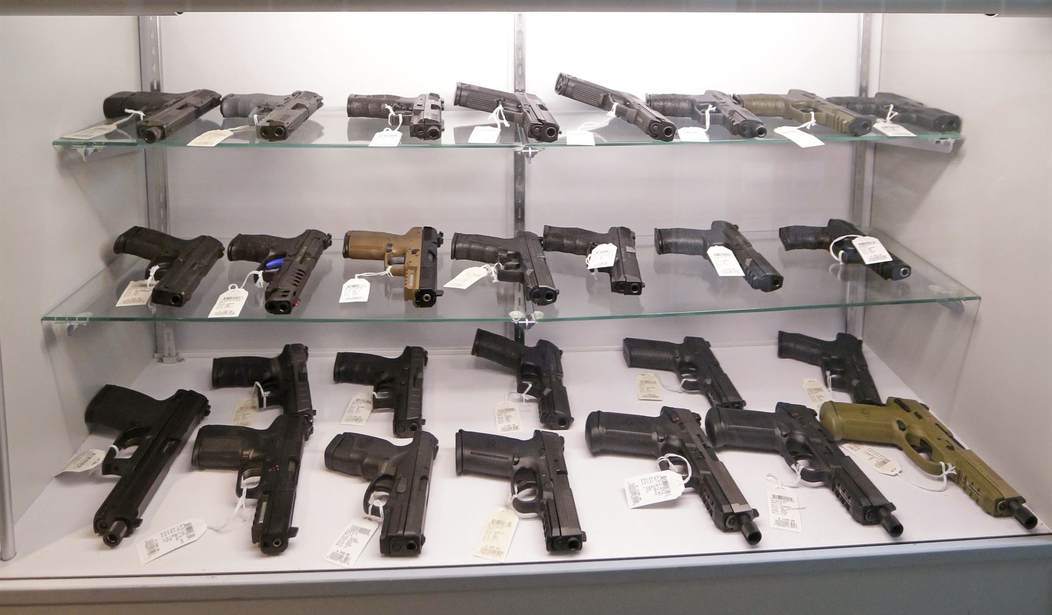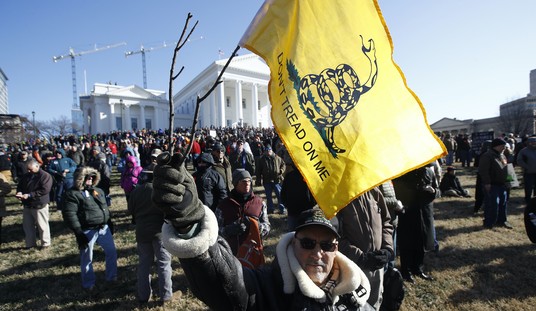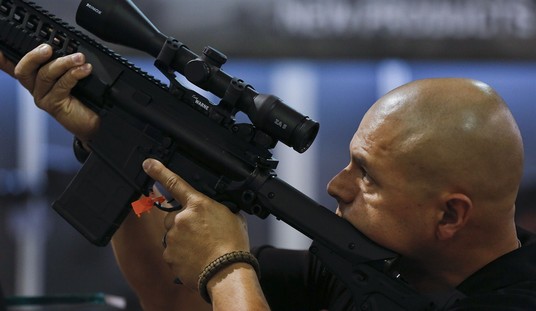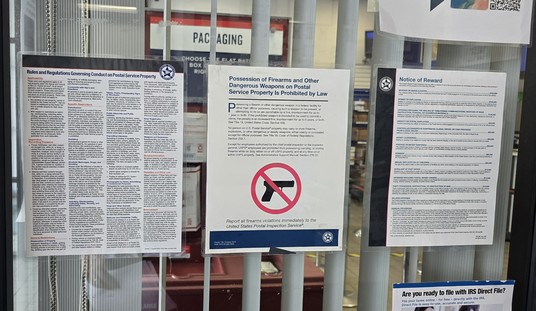Anytime you get two mass shootings in less than a week, you’re going to get a lot of discussion about gun control. Especially in the wake of Boulder where the alleged killer reportedly suffered from mental illness.
People see these stories and they wonder why we can’t do something.
For many, that means red flag laws.
The laws, enacted in less than half the country, are among the only firearm policies supported by both gun-control advocates and the gun rights community, favored largely because they work on a case-by-case basis to prevent imminent violence rather than imposing broad restrictions on firearm owners.
On Capitol Hill, lawmakers discussed red-flag laws in a hearing this week on the gun violence epidemic, and Sen. DianneFeinstein (D-Calif.) said she would soon introduce red-flag legislation. A bipartisan group of lawmakers recently floated a similar proposal, and several state legislatures are weighing whether to pass legislation or expand existing policies.
In many mass shootings, Feinstein said in the Senate this week, “family members and law enforcement saw warning signs, but they were powerless to stop the shooter from getting a firearm.”
“Sadly, this is really all too common,” she said.
Except, they’re generally not powerless.
For one, every state in the nation has some law on the books that will allow involuntary confinement of those who represent a threat to themselves or others. In the case of Boulder, the family reports the alleged killer was paranoid, yet sought no legal recourses to have him adjudicated as mentally unable to purchase a firearm, something that shouldn’t have been too difficult if their comments now are to be believed.
What Feinstein means, though, is that it’s too difficult to take guns from people who make you uncomfortable for whatever reason.
Yet even that argument falls flat.
Why? Well, Colorado has a red flag law in place. It hasn’t had one for a particularly long time, but they do have such a law and it’s one that’s been utilized quite a few times. Further, it’s a law that has a fairly expansive list of people who can seek a red flag order.
Again, the Boulder shooter’s family didn’t avail themselves of it.
Now, as for Atlanta, it’s worth noting that Georgia does not have a red flag law, which I’m happy about. However, from what we know about the Atlanta shooting, though, there weren’t a ton of red flags in the first place. Unlike most mass shootings, it seems this was a spur-of-the-moment decision driven by a man’s inability to keep it in his pants and deciding it was someone else’s fault that he couldn’t.
I just don’t see how a red flag law is going to prevent an incident like that, and I doubt Sen. Feinstein could explain it to me or anyone else.
Then again, the push for red flag laws in the wake of both Boulder and Atlanta has nothing to do with either of these incidents. It has to do with those incidents just being a handy excuse to push for something that clearly failed in at least one of the shootings. It’s really just business as usual for the anti-gunners.
Editor’s Note: Want to support Bearing Arms so we can tell the truth about Joe Biden and the Left’s radical gun control agenda? Join Bearing Arms VIP. Use the promo code GUNRIGHTS to get 25% off your membership.









